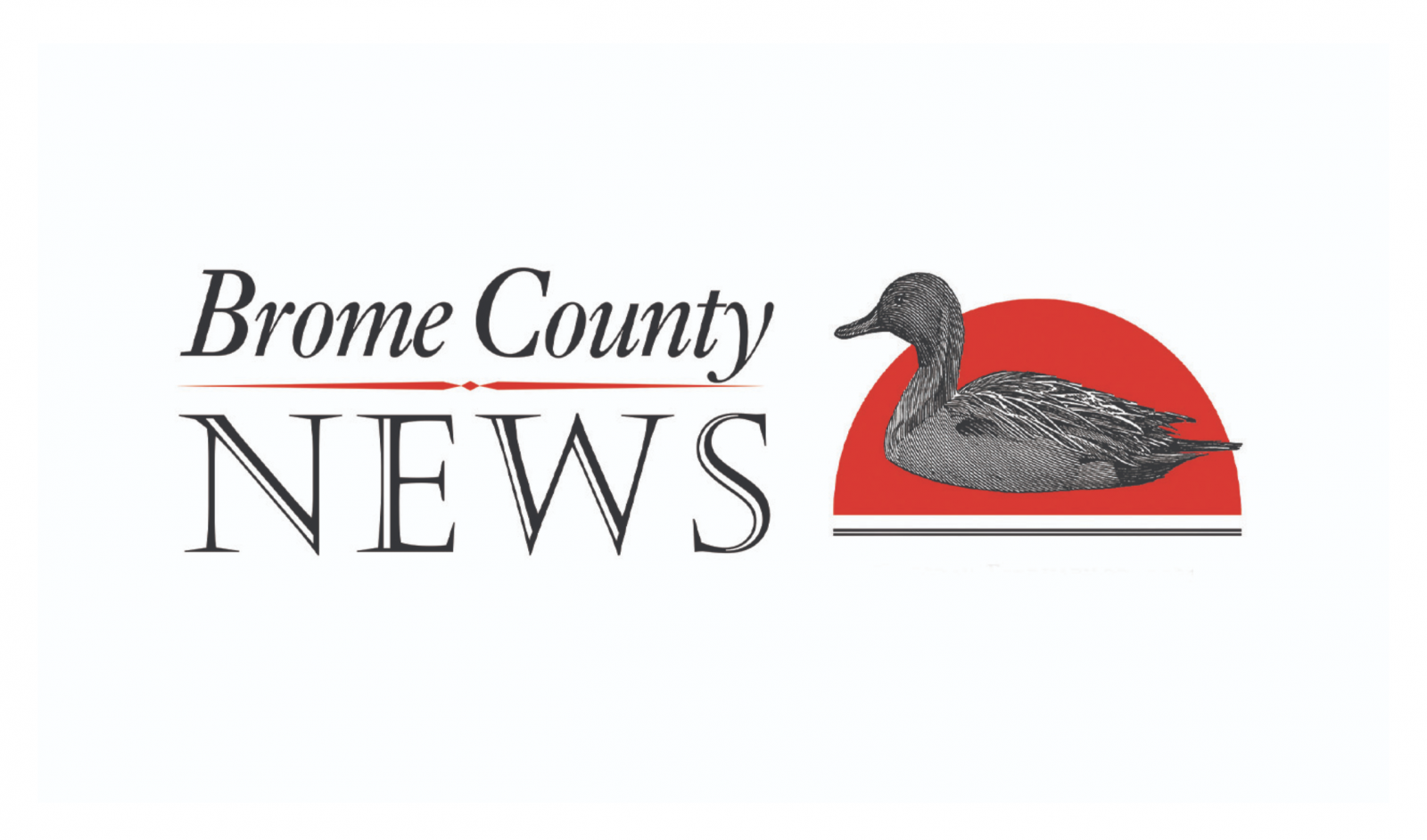More than 30 acres of currently privately owned land adjacent to the Domaine naturel du Lac Gale, in Bromont, will most likely be preserved and incorporated into the park thanks to an unusual multi-party agreement.
The City of Bromont, the citizens’ group Protection Mont-Gale, the preservation nonprofit Appalachian Corridor and the current owner of the land, entrepreneur Denis Laframboise, have been negotiating for several months to find a solution that would allow for the preservation of most of the 41.5-acre property, while giving Laframboise the possibility to construct a small housing development.
Stéphanie Latour is the spokesperson for Protection Mont- Gale. “Last year, I and a few of my neighbours went to city council and saw there was a project to build a road and 12 houses [on Mont Gale]. We didn’t understand why, in 2021, we were going to destroy 40 acres [on the mountain] to build houses.”
Eric Sévigny, general director of the City of Bromont, explained that in 2017, entrepreneur Denis Émond, then owner of the nearby Balnéa spa, ceded 200 acres of land to the city on the condition he would be able to have as many as 12 houses built on the nearby 41.5-acre plot, but no construction took place. Sévigny said Laframboise bought the land from Émond last spring and decided to “activate” the agreement. “Apparently, the citizens forgot about [the original agreement],” said Sévigny. “When people became aware that the construction of 12 houses would go ahead, a citizens’ group met with the city, the promoter and Appalachian Corridor to see if something could be done.”
Latour and her neighbours first approached the city last year to request a construction moratorium. “We were told the city could not do that without potentially getting sued. We didn’t want that to happen – we wanted to be constructive rather than divisive – so we met with everyone, discussed who wanted what and negotiated all winter.”
Under an initial agreement signed in December, Protection Mont-Gale raised $125,000 as a first step toward buying the land back. To make the acquisition permanent, the agreement will have to be approved by all parties, voted on by the city council and submitted to area residents – with the understanding, Sévigny clarified, that the original agreement for the construction of 12 houses remains in force if the new deal isn’t approved. The citizens’ group, Appalachian Corridor and the City of Bromont will pay a yet- to-be-determined amount, and Laframboise will retain nine acres on which three or four properties are expected to be built.
Mélanie Lelièvre, executive director of Appalachian Corridor, says her organization wants to ensure that the most ecologically sensitive parts of the property are protected. She explained that Mont Gale is one of the Monteregian hills, ancient volcanoes with a unique geology and plant life. “Our goal in buying the land is for the forest to stay healthy, for the [walking] trail on the site to be connected with other city trails and for local people to get involved. Preserving local flora and fauna is important, but human beings need nature,” she added.
Sévigny said the four-party agreement to divide and preserve the property was “really interesting, because everyone is solution- oriented. If and when we manage it, it will be a great compromise between conservation and development.” He said there was “very good collaboration” between Laframboise, the city and the two conservation groups. Through a Balnéa spokesperson, Laframboise declined to comment.
Campbell Stuart is a Montreal- based lawyer and the founder of the Legacy Fund for the Environment, a nonprofit which helps environmental organizations access legal assistance and is currently assisting Protection Mont-Gale. “I have a lot of experience in negotiating transactions, and I haven’t seen many as sophisticated as this,” he said. “We should talk about this more.”
He said he believed that the future of environmental protection lay with citizens’ groups who lead small-scale local efforts: “The people who make change are the people who get up at four in the morning and say, ‘If I don’t do something about this, no one will.’ Change will come from the bottom up.”



